The History
The longest standing Medical School in Sri Lanka, the Colombo Medical School, was founded on 1st June 1870 and admitted twenty-five students. They were awarded a diploma of Licentiate in Medicine and Surgery (L.M.S.). In 1880, the School was named the Ceylon Medical College and the L.M.S. was registered with the General Medical Council of Britain without further examination.
The Medical Registration Ordinance was passed in 1905 and persons with L.M.S. (Ceylon) were recognized as medical practitioners and registered to practice medicine and surgery by the Ceylon Medical College Council (CMCC). Any person registered in a country which recognized this diploma was also registered by the CMCC.
The Medical Registration Ordinance of 1905 also makes provision for erasure of the name of a registered person, and the Medical (Amendment) Ordinance No. 26 of 1927 makes provision for erasure on disciplinary grounds. The procedure for disciplinary inquiries currently applicable was published in the Government Gazette No. 757/7 of March 10, 1993. The Medical (Amendment) Act No. 30 of 1987 introduced the requirement for renewal of registration at 5-year intervals.
Following the establishment of the University of Ceylon by the University Ordinance of 1942, the MBBS degree and the BDS degree awarded by it were also recognized for registration by the CMCC.
The Medical (Amendment) Act No.23 of 1955 makes provision for provisional registration of medical graduates to obtain pre-registration experience by serving a period of internship. It includes “good character” as a requirement for registration.
In 1915, the Dentists Registration Ordinance was introduced to register dentists to practice dentistry.
The Medical Registration (Amendment) Ordinance No. 36 of 1908 made legislative provision to register apothecaries and estate dispensers to practice medicine and surgery in the government sector on the approval of the Principal Civil Medical Officer, the equivalent of the present Director General of Health Services.
The Medical Ordinance No. 26 of 1927 makes provision for registration of pharmacists, and dispensing of drugs and poisons was restricted only to registered pharmacists and pharmaceutical chemists.
The Medical Ordinance No. 10 of 1949 made provision for registration of nurses by the Ceylon Medical Council. This function is now under the Sri Lanka Nurses Council, which was established by Act No 19 of 1988, and later amended by Act no 35 of 2005.
Midwives were earlier registered under the Midwives Ordinance No. 02 of 1920. Provision was made in the Medical Ordinance of 1924 for the registration of midwives. Eligibility for registration as midwives is restricted to women.
The Medical (Amendment) Act No. 30 of 1987 makes provision for the registration of para-medical Assistants. Persons included in this category are radiographers, medical laboratory technologists, physiotherapists, occupational therapists, electrocardiograph recordists, audiologists, clinical physiologists, speech therapists, chiropodists, dietitians, ophthalmic auxiliaries and clinical psychologists.
The Medical (Amendment) Act No. 40 of 1998 makes provision for radiographers, medical laboratory technologists, physiotherapists and occupational therapists to be registered as professions supplementary to medicine, removing them from the category of para-medical assistants.
The Medical (Amendment) Act No. 25 of 1946 makes provision for the temporary registration of medical practitioners when there is a delay in the award of a degree and subsequent amendment for registration on other grounds. The Medical (Amendment) Act No. 37 of 1961 makes provision for temporary registration of medical practitioners, dentists and nurses who are invited by the government to serve the country. This was amended by the Medical (Amendment) Act No. 31 of 1997 where registration is recommended by the Secretary, Ministry of Health, the Director General of Health Services or a Dean of a Medical Faculty. Registration is restricted for a period of twelve months; the skill and knowledge of the applicant is judged by the Council.
Medical (Amendment) Act No. 30 of 1987 makes provision for persons who are employed as medical officers in government service to be granted registration during the period of such employment. The Medical (Amendment) Act No. 15 of 1996 makes provision for registration of citizens of Sri Lanka who have obtained a degree or diploma from a medical school outside Sri Lanka and recognized by the Council, to be registered if they were in employment of the Department of Health Services prior to May 17, 1991.
The Medical (Amendment) Act No. 16 of 1965 makes provision for registration of citizens of Sri Lanka who have obtained a degree or diploma from a medical school outside Sri Lanka and recognized by the Council to be registered following a special examination conducted by the Council and after serving an internship. The special examination was previously known as the Act 16 examination and is now referred to as the Examination for Registration to Practice Medicine (ERPM) in Sri Lanka and the Examination for Registration to Practice Dental Surgery (ERPDS) in Sri Lanka.
The Medical (Amendment) Act No. 28 of 2018 makes provision for registration of medical and dental specialists.


